Works
Between 2001 and 2004, the internet was raw, fragmented, and exciting—a digital landscape brimming with untapped potential and unpredictable outcomes.
Waste of time
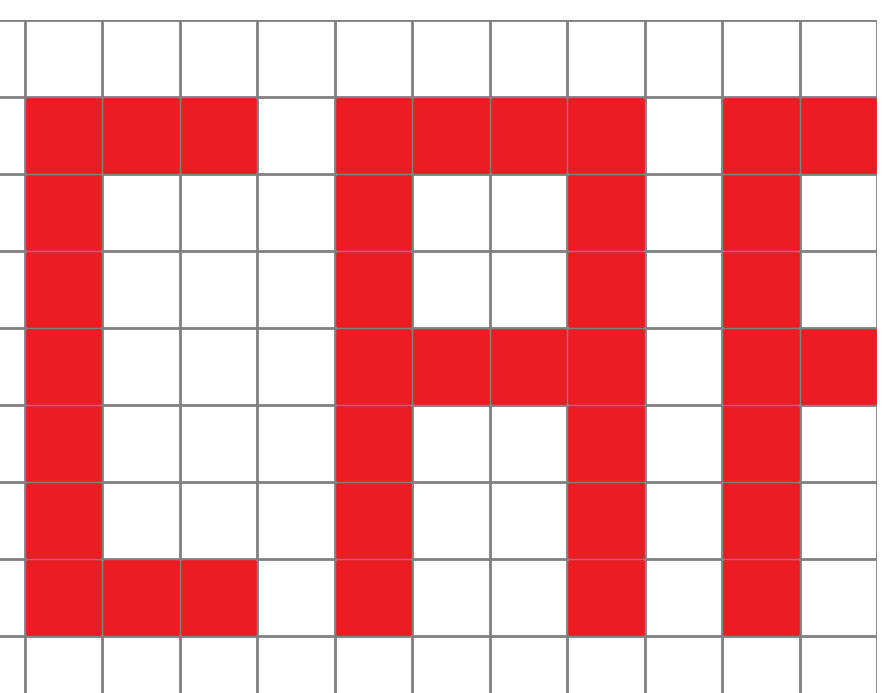
The early 2000s saw the rise of tools that enabled people to create content online without technical skills. Waste of Time, the first project by k-hello.org, was a deconstruction of this.
Using the software, you could write a phrase, and the result was 10,000 interconnected web pages arranged in a grid. Viewed from above, the pages revealed the written message.
Here, the web page was no longer just a container but an integral part of the message itself.
Cryptographever
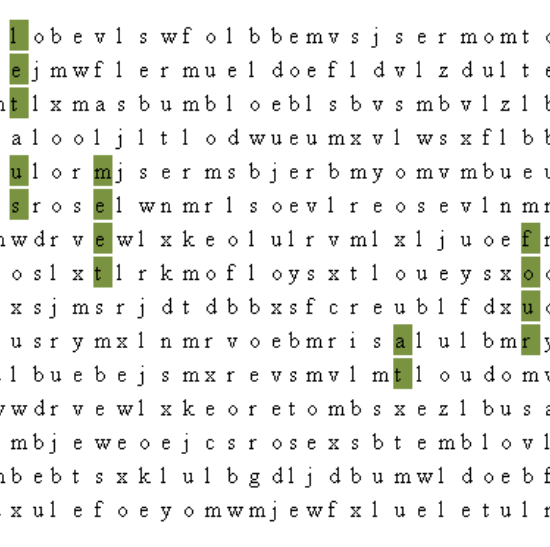
In the early 2000s, concerns about surveillance began to grow as governments explored ways to monitor the internet.
It was in this context that k-hello.org launched Cryptographever, a playful response to rising paranoia.
Users could copy a long text, input it into Cryptographever, and the tool would reveal "hidden messages" embedded within. By suggesting that any text could potentially harbor secrets, the project questioned the logic of excessive surveillance: if secrets could be everywhere, what was the purpose of all this control?
Cryptographever gained significant traction, with a growing number of users discovering “hidden” messages in their own texts. It was both playful and thought-provoking.
The Six O
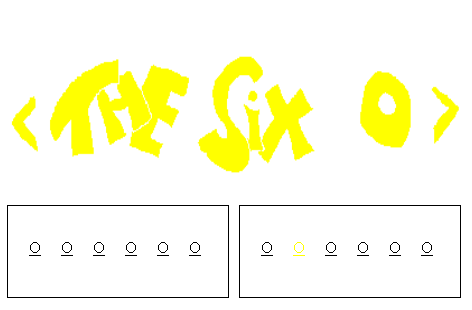
Back then, pages loaded slowly, and video content was rare due to bandwidth constraints. Text and small images dominated the web, connected by links.
The Six O repurposed links, transforming them from connectors into the main actors of the message.
In this project, a page featured six simple "O." Clicking them changed their color, but not in a predictable way.
The change occurred because the user was unknowingly navigating through a complex, pyramid-like structure.
Infowarmation
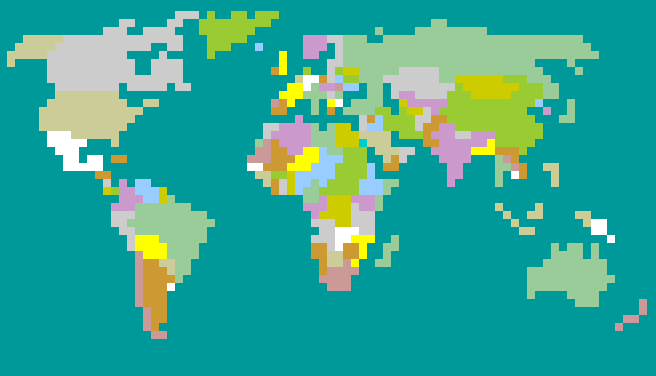
By 2004, television remained the primary source of news for most people, with newspapers still holding significant influence.
In this media-dominated landscape, k-hello.org created Infowarmation, a critique of how media coverage shapes our worldview.
Infowarmation was an interactive website where users could input the content of TV news or newspapers.
The tool analyzed the percentage of news coverage dedicated to different countries, compared it to their populations, and exposed a media imbalance.
It visualized a world map where nations with insufficient media coverage were “attacked,” representing a war over how we perceive the world—a "mind war."
The project argued that the battlefield was our mental map of the world, and the weapons were the sources of information we consumed.
The more balanced and accurate these sources were, the less likely conflicts would arise between nations. Infowarmation echoed the famous conclusion of the film WarGames: "The only winning move is not to play."
It left viewers questioning whether the same logic applied to the media’s influence on our perceptions.
Cold Spaghetti
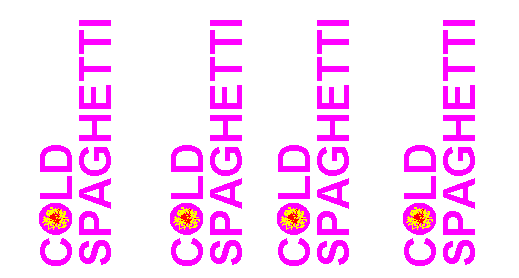
The early 2000s were a fertile time for digital experimentation. Artists and tinkerers were leveraging the internet as a medium for conceptual and interactive projects.
Cold Spaghetti explored a radical question: Could software art exist without software?
It referenced Cory Arcangel's 2002 hack of the Mario Bros video game, where Arcangel erased all gameplay elements, leaving only the sky and clouds.
In Cold Spaghetti, k-hello.org claimed to have further hacked Arcangel’s work, removing the clouds to create a purely blue video. The blue video was real, but no hacking occurred—it was simply created as-is, bypassing the need for coding entirely.
Inspired by the idea of neglecting your pasta while coding, letting it grow cold. No code was written in this project, embracing a punk ethos: creating art without mastering technical tools.
2025 is near. The story continues. There’s a glitch, help k-hello.org fix it!
Exhibitions
2003 Pescara Electronic Artists Meeting (Italy)
2003 Biennale Adriatica d’Arti Nuove (Italy)
2003 7th Japan Media Art Festival: Cryptoghraphever (Recommended Work) (Japan)
2004 Festival for Expanded Media: Cryptoghraphever (Honorary Mention) (Germany)
2004 Online Exhibition: Vpar
2004 Thailand New Media Art Festival (Thailand)
2004 [R][R][F] 2004—Category: Globalization (Various Locations)
2004 Pescara Electronic Artists Meeting (Italy)
2004 Digital Visions, University of British Columbia (Canada)
2004 Version 2004 (USA)
Coloquio Internacional de Arte Digital (Cuba)
Invisible Network (USA)
Piemonte Share Festival (Italy)
About
k-hello.org is a project by Luca D'Angelo.